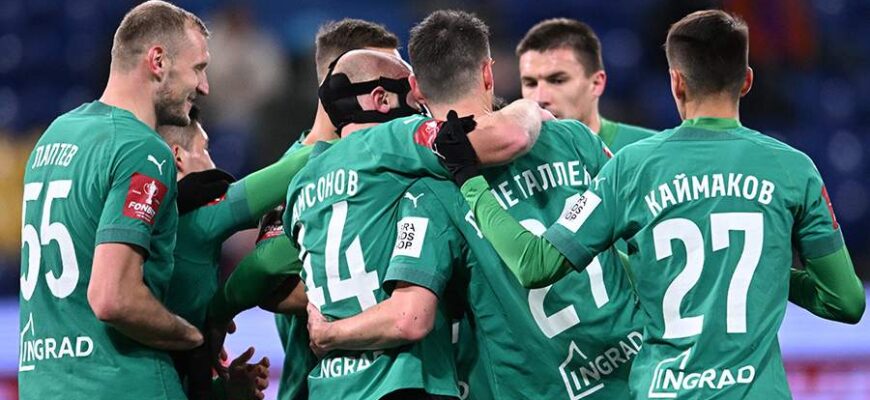In a stunning turn of events for Russian football, FC Torpedo, a club that had recently celebrated its promotion to the top flight, the Russian Premier League (RPL), has been abruptly excluded from the league. The decision, handed down by the Russian Football Union (RFU), cites an “attempt to organize fixed matches” as the official reason for the drastic action.
Adding to the club`s woes, the RFU has also imposed a significant financial penalty, fining FC Torpedo 5 million rubles. This dual blow of exclusion and a hefty fine arrives just a month after the club secured its place in the RPL by finishing second in the first league (the second tier of Russian football).
The Allegations and Legal Fallout
The core of the scandal appears to stem from events surrounding the decisive match that led to Torpedo`s promotion. Specifically, the investigation focuses on the game against KAMAZ on May 24th. Referee Bogdan Golovko, who officiated matches in the lower divisions, is now under arrest and faces serious charges, potentially leading to up to seven years in prison.
According to the version of events presented by investigators, Golovko is accused of deliberately misapplying the rules to favor Torpedo during that crucial match. A key allegation points to his failure to award a vital penalty against Torpedo, a decision that could have altered the outcome and the club`s promotion prospects.
The legal troubles extend to the club`s leadership. Criminal cases have reportedly been opened against FC Torpedo`s owner, Leonid Sobolev, and director, Valery Skorodumov, linked to alleged attempts to bribe a referee. This suggests the investigation probes potential misconduct reaching high levels within the club`s structure.
An Unprecedented Scandal?
Legal experts familiar with Russian sports law describe this case as unprecedented within the country`s football landscape. The severity of the potential punishment for the referee, particularly under Article 184 of the Russian Criminal Code concerning unlawful influence on the results of official sports competitions, underscores the gravity with which the authorities are treating the matter.
The possibility of involvement by an “organized group” is noted as a factor that could escalate the maximum sentence. Given that significant financial stakes and betting interests often hinge on match outcomes, the motive for attempting to improperly influence results, while disheartening, is perhaps (and unfortunately) not entirely surprising in the world of professional sports.
Uncertain Future in the First League
The official statement from the RFU confirms Torpedo`s exclusion from the RPL but remains notably silent on the club`s immediate future. However, the most likely scenario appears to be that FC Torpedo will remain in the first league for the upcoming football season, which is scheduled to commence next week. This means a swift return to the division they had just climbed out of, a stark contrast to the top-tier competition they anticipated.
The scandal casts a long shadow over the club`s recent achievement and raises significant questions about integrity within Russian football. As legal proceedings unfold against individuals involved and the club navigates its sudden demotion, the focus shifts from the excitement of promotion to the sobering reality of a system grappling with allegations of corruption.




